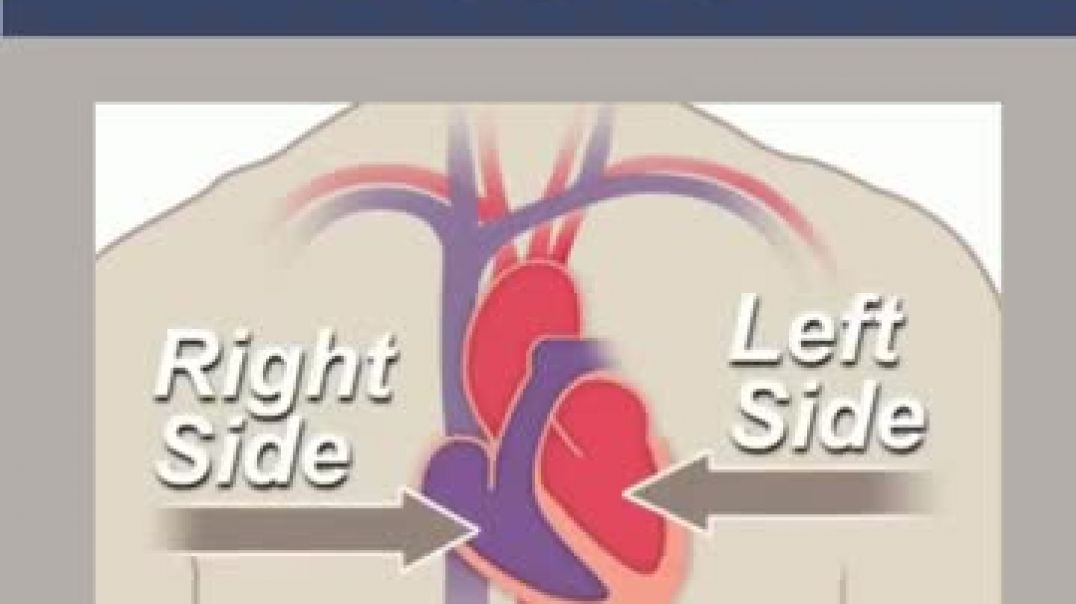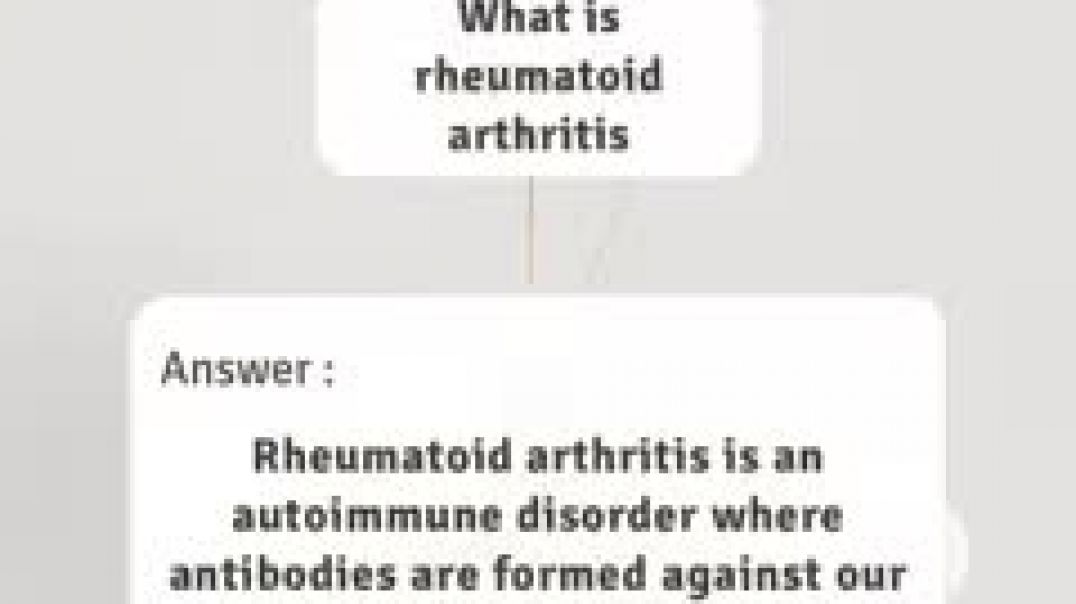ENDOMETRIAL CANCER Symptoms, Causes, Treatment
Thanks for watching. Be sure to hit LIKE & SUBSCRIBE &NOTIFICATION BELL to not miss a single video!
What is endometrial cancer?
Endometrial cancer is a disease in which malignant (cancer) cells form in the tissues of the endometrium. Obesity and having metabolic syndrome may increase the risk of endometrial cancer. Taking tamoxifen for breast cancer or taking estrogen alone (without progesterone) can increase the risk of endometrial cancer.
How serious is endometrial cancer?
If left untreated, endometrial cancer can spread to the bladder or rectum, or it can spread to the vagina, fallopian tubes, ovaries, and more distant organs. Fortunately, endometrial cancer grows slowly and, with regular checkups, is usually found before spreading very far.
What are the main causes of endometrial cancer?
Endometrial Cancer Causes and Risk Factors
Obesity.
Diet high in animal fat.
Family history of endometrial, ovarian and/or colon cancers (hereditary nonpolyposis colorectal cancer)
Starting monthly periods before age 12.
Late menopause.
Infertility (inability to become pregnant)
Never having children.
What were your first signs of endometrial cancer?
Early warning signs of endometrial cancer can include:
Bloody, smelly or watery vaginal discharge.
Bleeding between periods (spotting)
Unusually heavy periods.
Vaginal bleeding after menopause.
Discomfort or pain in the abdomen.
Difficulty or pain urinating.
Unexplained weight loss.
Pain during intercourse.
Will I die from endometrial cancer?
About 66,570 new cases of cancer of the body of the uterus (uterine body or corpus) will be diagnosed. About 12,940 women will die from cancers of the uterine body
Does a hysterectomy cure endometrial cancer?
Surgery is often the main treatment for endometrial cancer and consists of a hysterectomy, often along with a salpingo-oophorectomy, and removal of lymph nodes. In some cases, pelvic washings are done, the omentum is removed, and/or peritoneal biopsies are done.
Do you need chemo for endometrial cancer?
Chemo is not used to treat stage I and II endometrial cancers. In most cases, a combination of chemo drugs is used.
How do you feel when you have endometrial cancer?
Pelvic pain, a mass, and weight loss
Pain in the pelvis, feeling a mass (tumor), and losing weight without trying can also be symptoms of endometrial cancer. These symptoms are more common in later stages of the disease. Still, any delay in seeking medical help may allow the disease to progress even further.
How do they check for endometrial cancer?
An endometrial biopsy is the most commonly used test for endometrial cancer and is very accurate in postmenopausal women. It can be done in the doctor's office. A very thin, flexible tube is put into the uterus through the cervix. Then, using suction, a small amount of endometrium is removed through the tube.
Where does endometrial cancer spread first?
In general, uterine cancer can metastasize to the rectum or bladder. Other areas where it may spread include the vagina, ovaries and fallopian tubes. This form of cancer is typically slow growing and often detected before it has spread to more distant areas of the body.
What is the difference between endometrial cancer and uterine cancer?
Endometrial cancer begins in the layer of cells that form the lining (endometrium) of the uterus. Endometrial cancer is sometimes called uterine cancer. Other types of cancer can form in the uterus, including uterine sarcoma, but they are much less common than endometrial cancer.
What is the best treatment for endometrial cancer?
Treatment for endometrial cancer is usually with surgery to remove the uterus, fallopian tubes and ovaries. Another option is radiation therapy with powerful energy. Drug treatments for endometrial cancer include chemotherapy with powerful drugs and hormone therapy to block hormones that cancer cells rely on.
What foods help endometrial cancer?
She recommends a diet rich in vegetables, fruits, whole grains and legumes (like beans or lentils) to give your body the range of vitamins, minerals and antioxidants it needs. Eating a variety of healthy foods also helps prevent weight gain and can lower body fat.
What happens after hysterectomy for endometrial cancer?
About 4 to 6 weeks after the hysterectomy, your doctor will examine you in his or her office. You should be able to return to all of your normal activities, including having sexual intercourse, in about 6 to 8 weeks. Some light bleeding or spotting is expected for up to 6 weeks following a hysterectomy.
What happens if you don't treat endometrial cancer?
If endometrial cancer isn't treated, it may spread outside of the uterus. As it progresses, it may spread to the pelvic lymph nodes and other pelvic organs. Advanced-stage cancer may spread to lymph nodes and on to the lungs, liver, bones, brain, and vagina.
-
Category






















No comments found